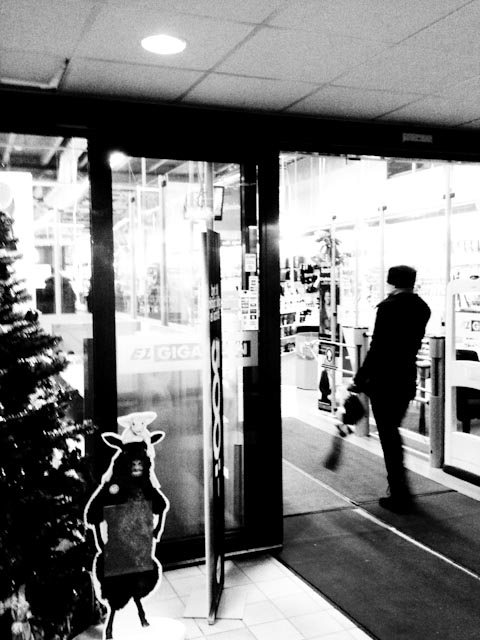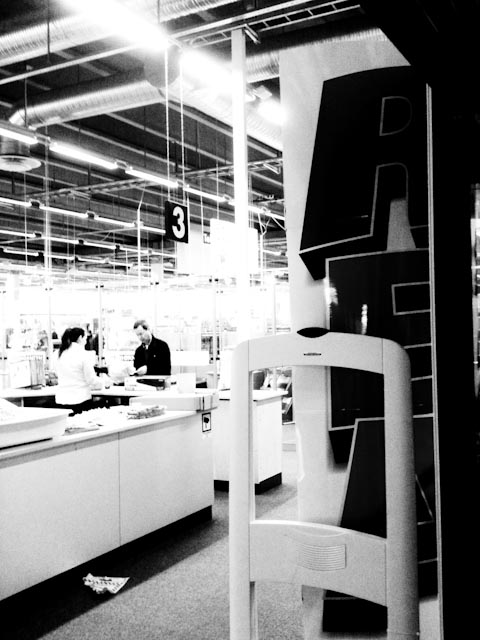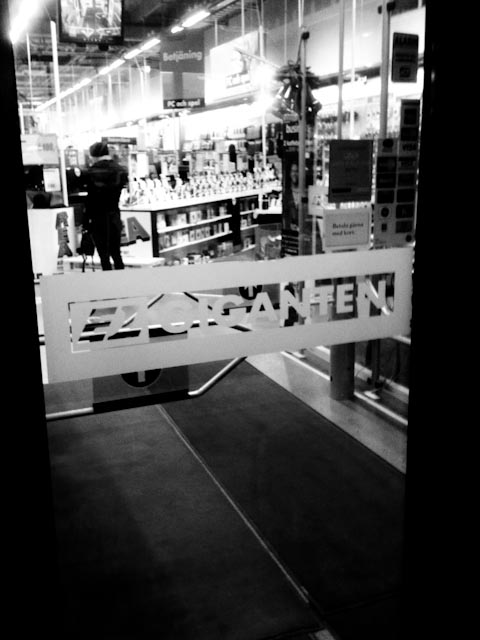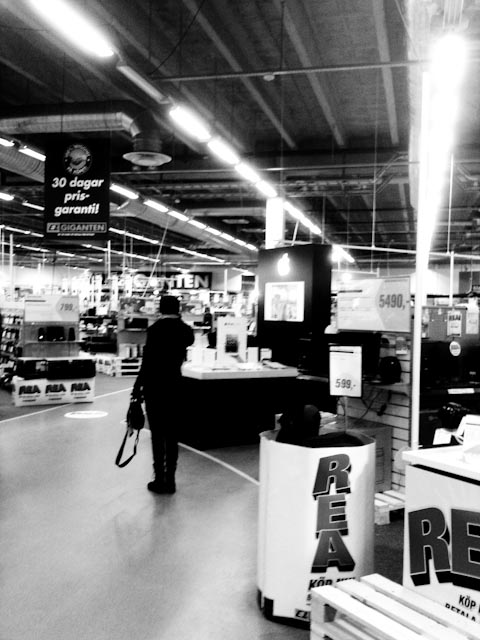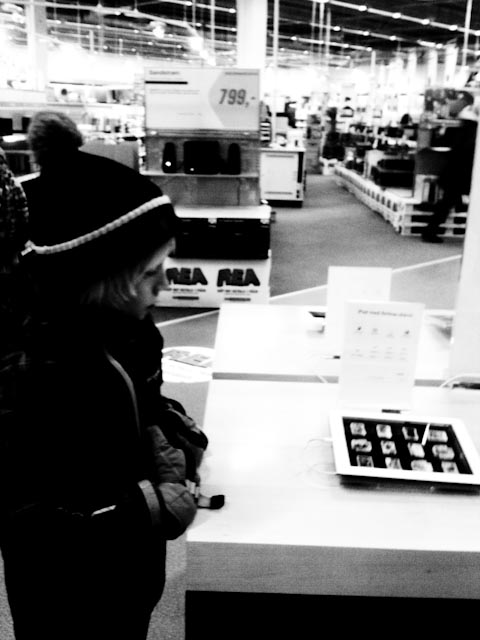I recently returned from a short trip to southern France, for a wedding. From Sweden I flew through Munich and then onto Marseille. The Munich airport was buzzing with busy folks in business suits, smokers cramped into little glass smoking rooms, and trash cans filled with piles of disposable paper cups for coffee and tea offered for free by Lufthansa at the gate. In contrast our tiny airplane to Marseille was filled with a healthy, tanned group of Norwegian women, older couples with straw hats, and no laptops in sight. From this I surmised that my fellow travelers to southern France were not likely heading there for work.

As I drove up into the hill towns of the Luberon valley, things seemed increasingly relaxed. In the tiny stone villages of Gordes and Murs there was nearly no one on the streets. In the valley town of Cucuron all shops suddenly shut their doors for a three hour mid-day siesta, and countryside drives provided miles of olive of fruit trees, vineyards and newly cropped wheat fields to delight in. While I wasn’t there long enough to find the rhythm of the place (and perhaps this is a romantic view), it did feel that the most activity came from the frenetic biking, walking, eating, doing of the tourists, while the locals disappeared from sight or, like one old woman, sat quietly near a street corner for hours observing the comings and goings.

As might be expected in such a seemingly remote and beautiful place, I had trouble with communications technology: the internet in the hotel wasn’t working (leading to frittering away 45 minutes of trying to get it to work before giving up). Mobile phone messages and calls seemed to sometimes go through, and sometimes not, for unexplained reasons. The wi-fi network at a friend’s home only seemed to work when one stood outdoors in the courtyard. This was exactly the sort of spot where people go to ‘disconnect’ from phones ringing and emails popping in.
Experiencing these things – different rhythms, unwilling disconnection – I had this project at the back of my mind. But, there was one thing that really made me pause.
I had heard about a monastery up in the mountains, founded in the year 1148. A wedding guest pointed out the location on the map for me, and recommended that I go. Each night at 6pm the monks chant and hold vespers, an evening prayer service with outsiders are welcome to attend.

I was very busy during the day before my visit: driving from town to town, sucking in various sites, sipping cafe au laits, snapping photos, and rambling around churches and narrow walking streets. When it was time to leave for the monastery a series of small events delayed me: I wanted to finish my coffee, and then the waiter took quite a long time to come with the change. Then, I dropped into a little grocery store to buy some fruit. I ended up behind two women who wanted to use a coupon, which for some reason the scanner wouldn’t read. The coupon took quite a while to resolve, and no one else seemed to be in a rush.

As I finally drove out of town and into the farm fields I got stuck behind a grape processing machine (driving presumably from one vineyard to the next). All the local drivers were passing the machine which was plugging along at its slow, slow pace, but the road was so narrow that I didn’t dare. After the machine finally turned off to its destination, the road began to wind its way up into the mountains, through dry forests and out to the edge of steep cliffs. It was suddenly desolate, and breathtaking.
Finally, way up high, in a protected spot, I came to the monastery.
At the entrance there was a sign indicating that this was a community of prayer and silence. It felt silent. The big open space that served as a parking lot was almost entirely empty. At the edge of the lot there was a single pay phone. It looked in good working order and was carefully situated so that it nearly blended into the bushes. A first I was very surprised to see it, as payphones seem to have all but disappeared from cities. Then it occurred to me, perhaps this was the only form of telecommunication the monks had with the outside world…? Even the pay phone was, perhaps, a radical intervention given the centuries of remoteness. In the days before roads it would have taken a long while to hike up to, or down from, this place.

The path from the parking lot opened out to a sizable expanse of dry fields. It looked like the crops had mostly already been harvested, though there were what looked like sprigs of lavender left in some rows. A tractor stood at the side, underlining that a lot is grown in these gardens. The majestic monastery buildings spread out in the small valley. Very old, dusty stones. Large structures.

I found my way in through an open church door, following the sounds of voices. For the next 10 minutes, until it ended, I was mesmerized. Ten monks, of different ages, stood in the center of the unadorned church with light colored robes. They sang and chanted so BEAUTIFULLY. Their voices were unbelievably clear, delicate, powerful. The evening sunlight shown in around them, like angels. An experience created way before (digital) technology, and one that technology cannot replicate.
(Click here to listen to a recording another visitor made. Rather than looking at the quick cuts of the video, close your eyes, hear the sound.)

After the prayers ended two nuns and the very small handful of listeners moved quickly out of the church, and all but a few disappeared within two or three minutes. Those that were left, including myself, milled around the buildings — back and forth, looking, taking photos, wondering if it was alright to take photos, sitting, getting up, moving.
After I while I noticed that a monk had walked out along a way all the way across the courtyard. He was too far away for me to be able to see his face, but his steps were calm and slow. He paused a few times, seemed to carefully assess the spot were he stood, moved further, and finally sat down on a high stone wall. He sat quite still, perhaps enjoying the evening light.

Watching this monk I realized that even in the calmness and stillness of Provence, and this spot in particular, I wasn’t particularly calm or still.
I stopped.
I leaned my stomach against the stones of the opposite wall, facing the monk across the fields. I stood. I looked.
I became aware of all the activity around me: the busy movement of the other visitors versus the quiet, bigness of the place.
I wondered “Is it possible to be busy and neurotic in sleepy little towns of southern France?” (it seems so) And, “Would it be possible to be so composed a calm as this monk in the middle of NYC’s Chinatown crowds?” (yes, maybe) Perhaps it is not a place that makes one still, but how one conducts oneself in it.
Leaving the monastery I picked up a brochure about the community. In the brochure it explained that young men, of at least 18 years of age and interested in a monastic life, are invited to come visit the monastery. And, how can these prospective monks get in touch? Not by email or phone of course…
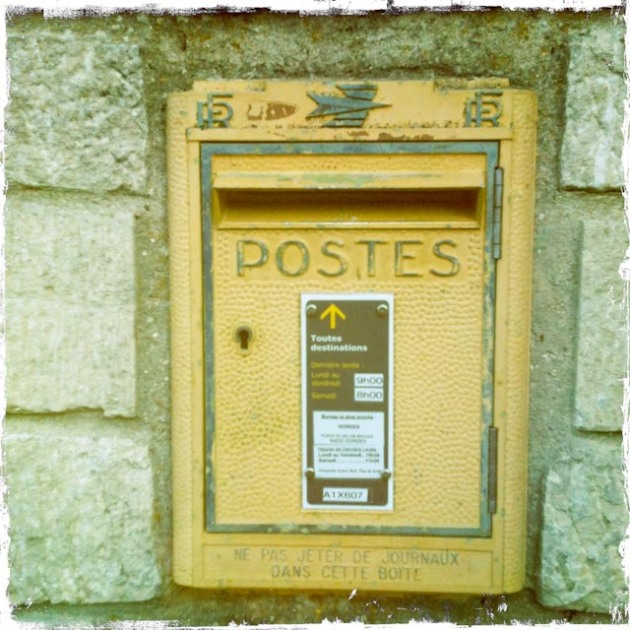
(Though, to be fair, the monastery does have a website and even a Facebook page.)
////
This recent article from the Washington Post is an interesting follow-up, How to Handle the Quiet?
